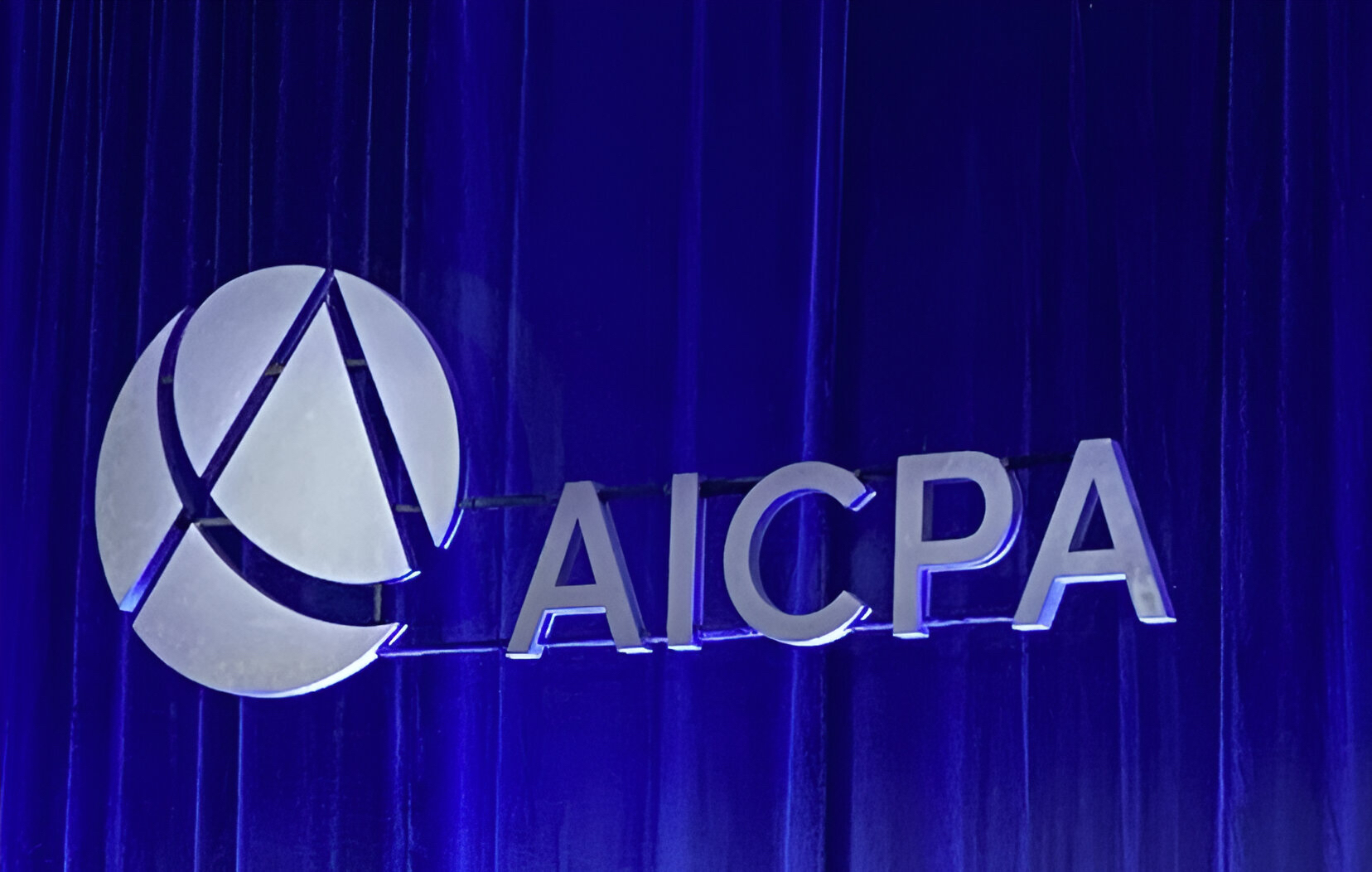The American Institute of CPAs (AICPA) submitted comments to the Department of the Treasury and the Internal Revenue Service (IRS) on proposed regulations that will establish a new user fee for authorized persons who wish to request the issuance of an IRS Estate Tax Closing Document, also referred to as an estate tax closing letter.
The closing letter is issued to an executor of a decedent’s estate for which a Form 706, U.S. Estate (and Generation-Skipping Transfer) Tax Return, or Form 706-NA, United States Estate (and Generation-Skipping Transfer) Tax Return (Estate of nonresident not a citizen of the U.S.), was filed. The closing letter provides the executor evidence that the IRS has accepted Form 706 as filed or after an adjustment to which the executor had agreed.
In the past, the closing letter was automatically sent to every estate that filed a Form 706 or Form 706-NA and generally was received within four to six months after the filing of the return or completion of an estate tax audit, whichever occurred later. Beginning in 2015, the IRS discontinued automatically sending out estate tax closing letters to every estate that filed a Form 706 or Form 706-NA. Since then, executors and tax practitioners have been frustrated with the current procedure for obtaining these letters.
The AICPA recommends the IRS add a checkbox to the next version of Form 706 and Form 706-NA for the executor to request the closing letter together with submitting the user fee at the time of filing the Form 706 or Form 706-NA.
Until a box can be added to Form 706 and Form 706-NA, the AICPA suggests that the IRS allow executors to request a closing letter either by a hand-written request on the top of the first page of Form 706 or Form 706-NA or by attaching a request statement to Form 706 or Form 706-NA when it is filed accompanied by the payment of the user fee, hopefully via an updated pay.gov interface.
Thanks for reading CPA Practice Advisor!
Subscribe Already registered? Log In
Need more information? Read the FAQs
Tags: AICPA, IRS, Tax Planning



